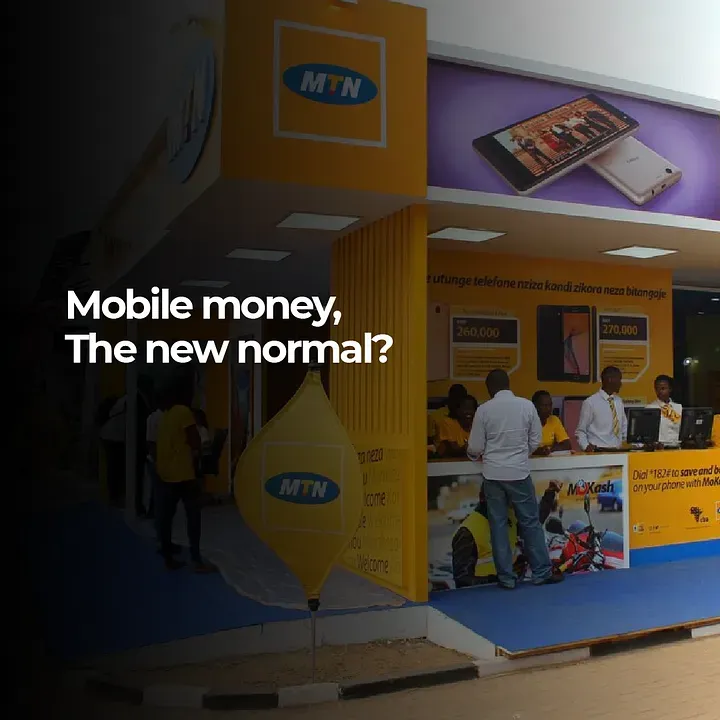Is “Mobile money” becoming the new normal in Africa?

Cash is often described as the simplest, most widely adopted method of making a payment. Covid 19 seems to have brought a change in this system in Africa. The new normal could be “Mobile Money”; at least, it could be seen as a smooth take-off towards a more digital Africa.
In fact, Bain & Company, before covid 19, predicted that digital payments could account for 57% of all transactions by 2025 in Africa. However, the pandemic has boosted this trend, and estimates are now 10% higher. Sub-Saharan Africa has consistently recorded strong growth in mobile money adoption for over a decade. Indeed, according to the GSM Association, in 2020, it recorded a 43% growth in all new accounts, which is the highest growth recorded in the world — 548 million accounts were registered in the sub-Saharan region by the end of the year, and around 159 million were active per month.
While Mobile money use is becoming more significant, the cash method of payment is decreasing. Thanks to the lockdown, some governments such as Rwanda have encouraged cashless payment to avoid spreading the Virus. Identically, the use of POS has also increased. For instance, In 2018, 9.986 million transactions were observed. This figure rose to 15.423 million in the first quarter of 2020 (Intelligent CIO,2021).
(Carboni & Bester,2020)
Is this trend susceptible to effectively being the new normal in the payment sector?
For some, Covid 19 has been the reason for this sudden growth. However, the end of the pandemic could send us back to the traditional cash system. What if the pandemic was just a booster towards what we will call a sure destination?
Indeed, it might well be since Africans are getting more used to it. Is it more worthwhile than cash? Definitely. Mobile money facilitates the transfer of money almost anywhere and at any time, contrary to cash payment, which requires physical presence — for instance, no need to be standing in long queues to pay your bills. Another advantage is that it helps you track your transaction records more efficiently.
Africa is going digital, and this is shown by the growth in the use of mobile money. There are many other reasons why Mobile money is becoming the new deal. This article only highlights some. How do you perceive the future of the payment sector in 10 years?
We would love to hear from you.
References
1. Carboni, I., & Bester, H. (2020, May 19). Covid 19’s impact on mobile money in Rwanda. 2. GSMA. (2021). State of the Industry Report on Mobile Money. GSMA.
https://www.gsma.com/mobilefordevelopment/wp-content/uploads/2021/03/GSMA_State-of the-Industry-Report-on-Mobile-Money-2021_Full-report.pdf
3. Intelligent CIO. (2021). CR2 market insight: African banking and payments trends. Intelligent CIO. https://www.intelligentcio.com/africa/2021/06/30/cr2-market-insight-african-banking-and-pa yments-trends/#





